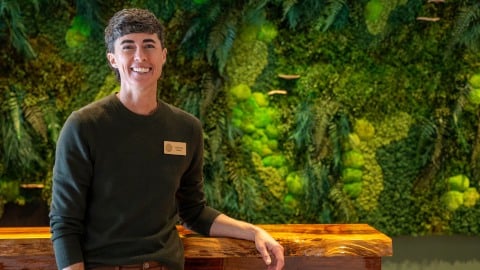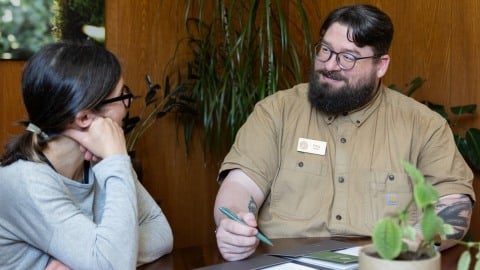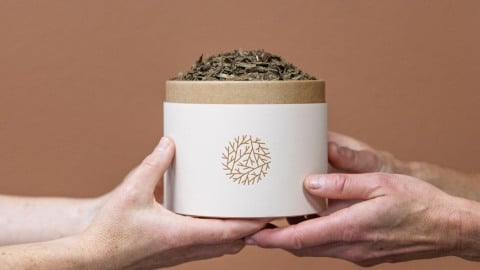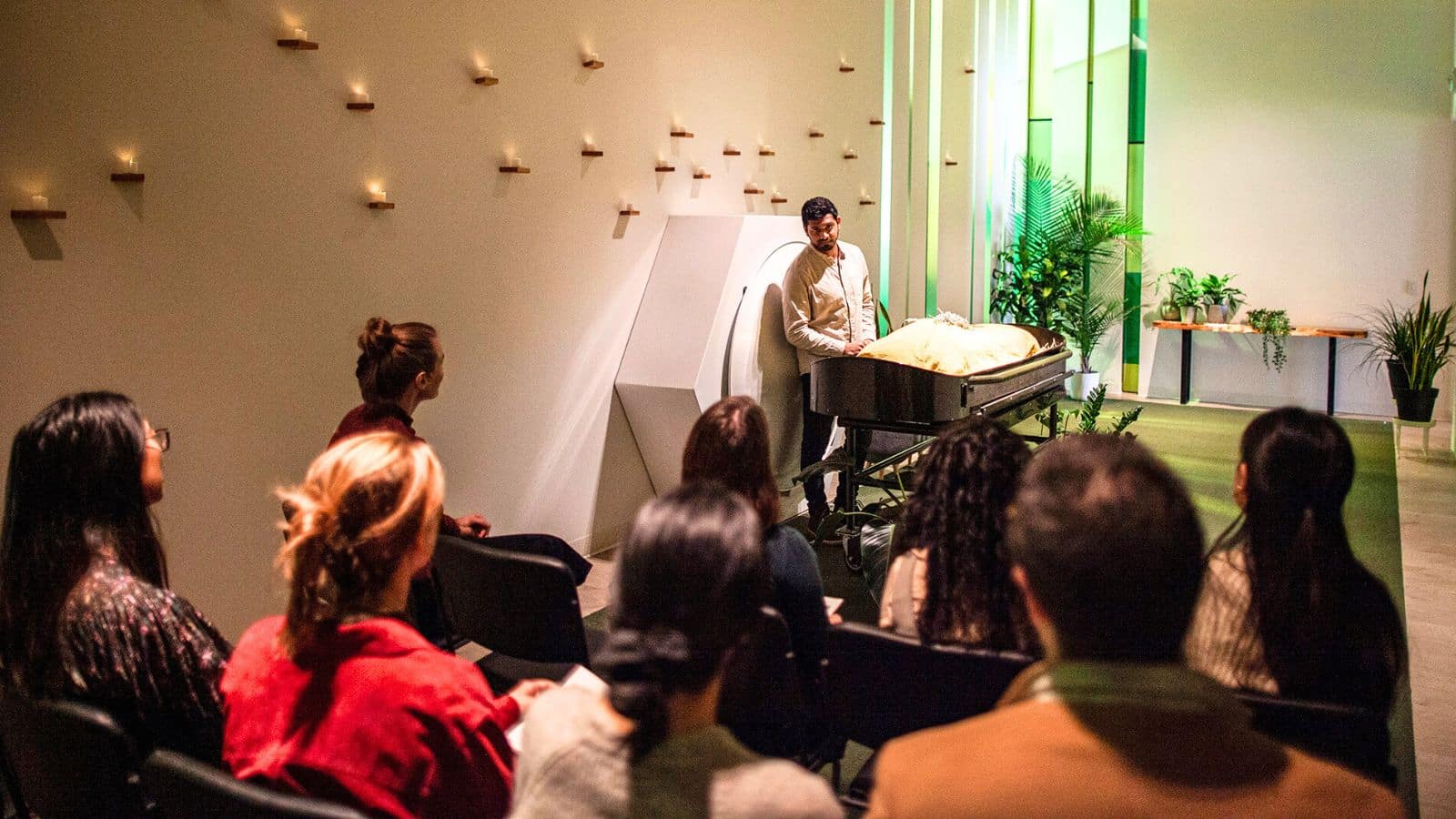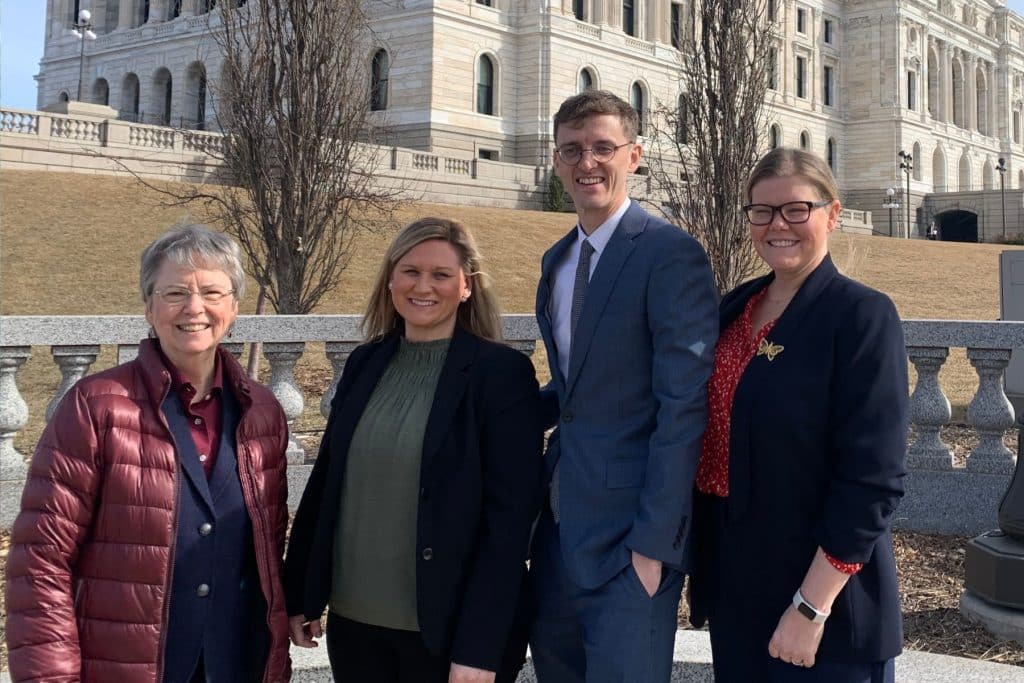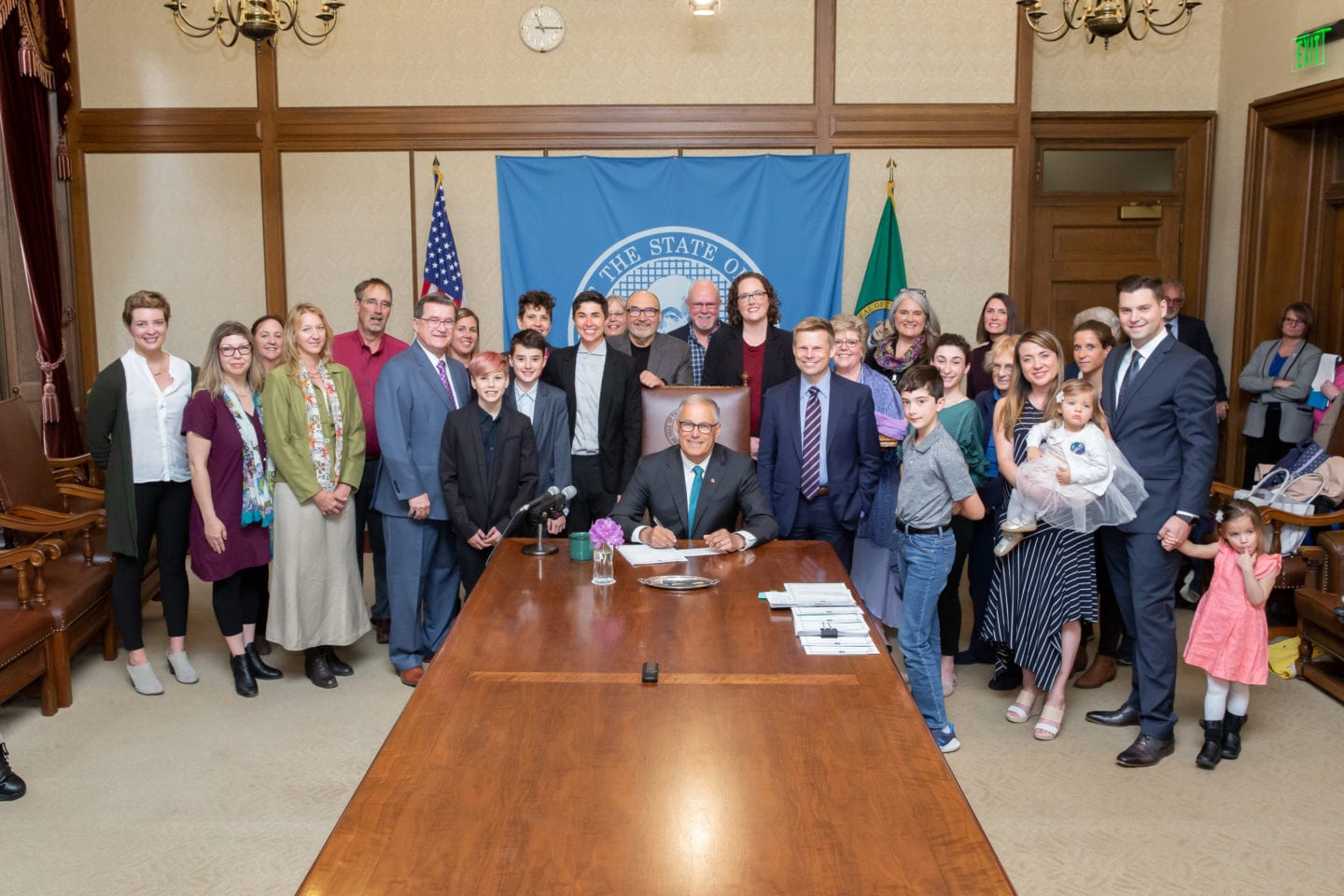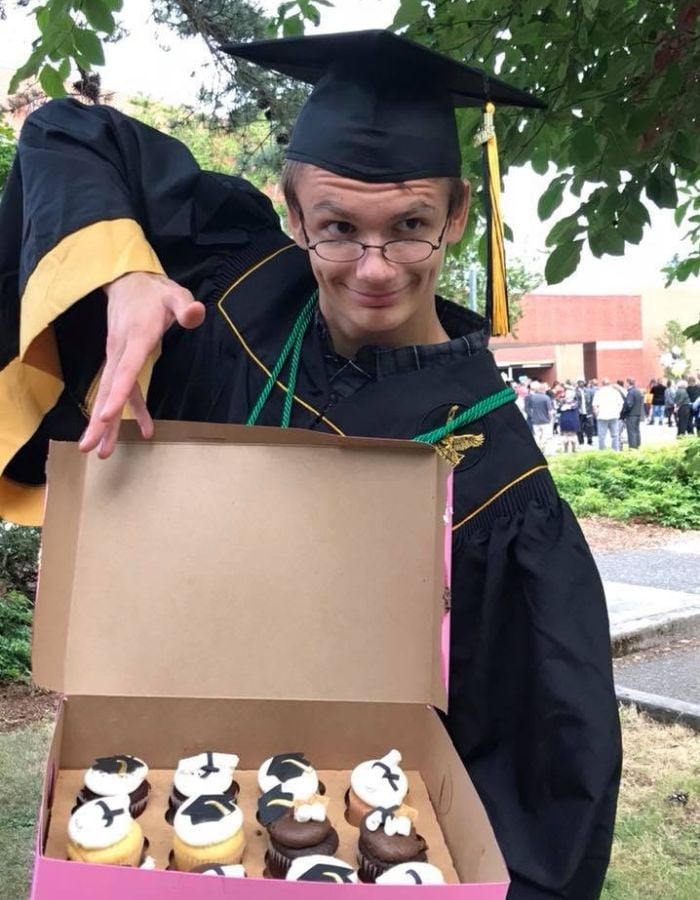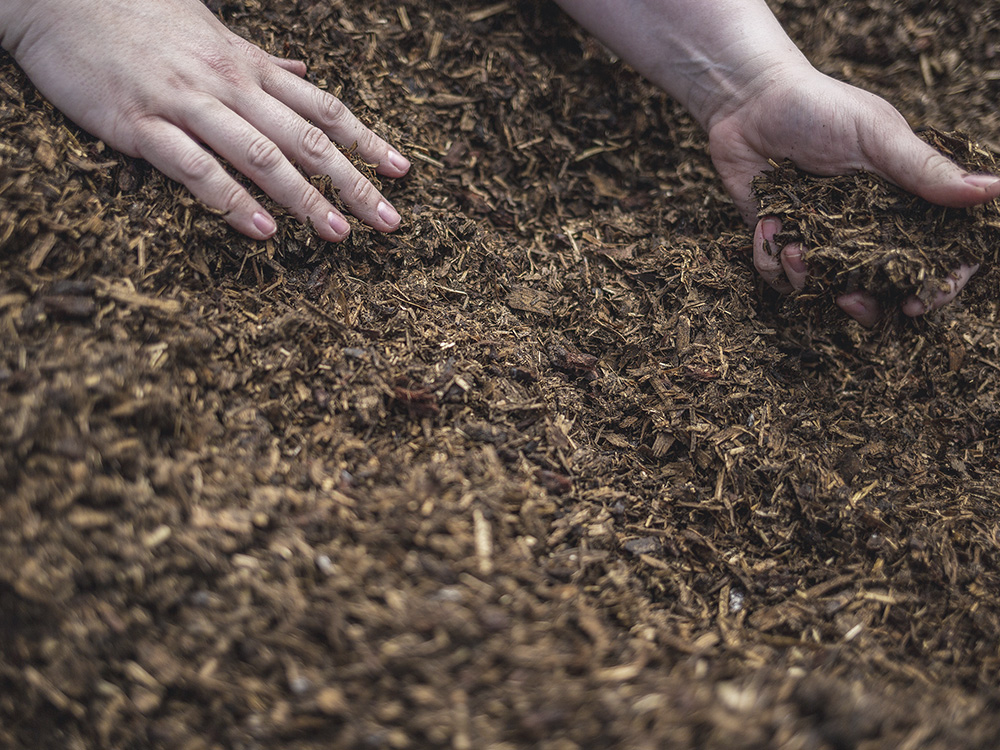
Human Composting Advocacy
Learn how to get involved and help legalize human composting in your state
Welcome
We are grateful for your interest in helping expand human composting
Founded in 2017 by Katrina Spade, Recompose has grown into a small but mighty company. We are humbled and inspired by those of you who reach out with great enthusiasm and energy to get involved.
We strive to support you and the growing community advocating for the legalization of human composting. We are working to create more resources and connection points but for now, this page represents the extent of our support.
If you develop new ideas, talking points, or advocacy tools, please share them with us so that we can make them available to others. And be sure to sign up for our newsletter where we’ll share the most up-to-date news and resources.
Thank you for being a part of our community.
Human Composting Legalization Playbook
Our friends from NOR Minnesota share tips, resources, and tools they developed during their successful campaign to legalize human composting.
How does Human Composting Become Law?
Laws governing human remains vary greatly from state to state, as do the processes for passing new laws. We offer an overview of the process to help you understand what it may take to pass legislation in your state.
Legalization of Human Composting
Washington was the first state to legalize human composting in 2019. Momentum is quickly growing with new states passing and introducing legislation every year.
New Jersey
New Jersey became the 14th state to legalize human composting.
Rhode Island
The House approved HB 7212 to allow for human composting in June 2024.
More Ways to Have an Impact
Changing laws is one way to get involved. Starting conversations to raise awareness is essential to build momentum and make a difference.
1. Dig Deeper
Get up to speed with these articles, podcasts, and videos on human composting.
- Why Some People Are Opting for Human Composting, Here & Now, WBUR
- If You Want to Give Something Back to Nature, Give Your Body, The New York Times
- Let’s Visit the Human Composting Facility! Ask a Mortician, YouTube
- Compost Yourself, Today, Explained, Vox
- To Be a Field of Poppies, Harper’s Magazine
2. Further Learning
These communities working to change death care laws and practices offer additional information and resources.
- The Order of the Good Death
The Order of the Good Death designs practical resources, pursues and amends legislation, and provides support for alternative forms of death care. - National Home Funeral Alliance
The NHFA is dedicated to increasing access to information related to community-led death care and has multiple resources including books, videos, guides, and more about home funerals.
3. Connect with us online
Get the latest updates on the human composting movement by subscribing to our newsletter and joining us on Instagram, Facebook, or LinkedIn.
4. Tour Recompose
Sign up for an in-person or online tour to see the Recompose facility and learn more about human composting.
5. Signal Your Support
Show the world you’re a human composting enthusiast and start a conversation by wearing Compost Me gear. Plus, 100% of profits from the Recompose Shop support our Community Fund, helping those who couldn’t otherwise afford the full price of the service. It’s a win win.
6. Join Precompose
Precompose allows you to pay in advance for your future human composting with Recompose. Each monthly payment to Precompose offers you a tangible and personal action in the fight against climate change and supports our human composting policy efforts.
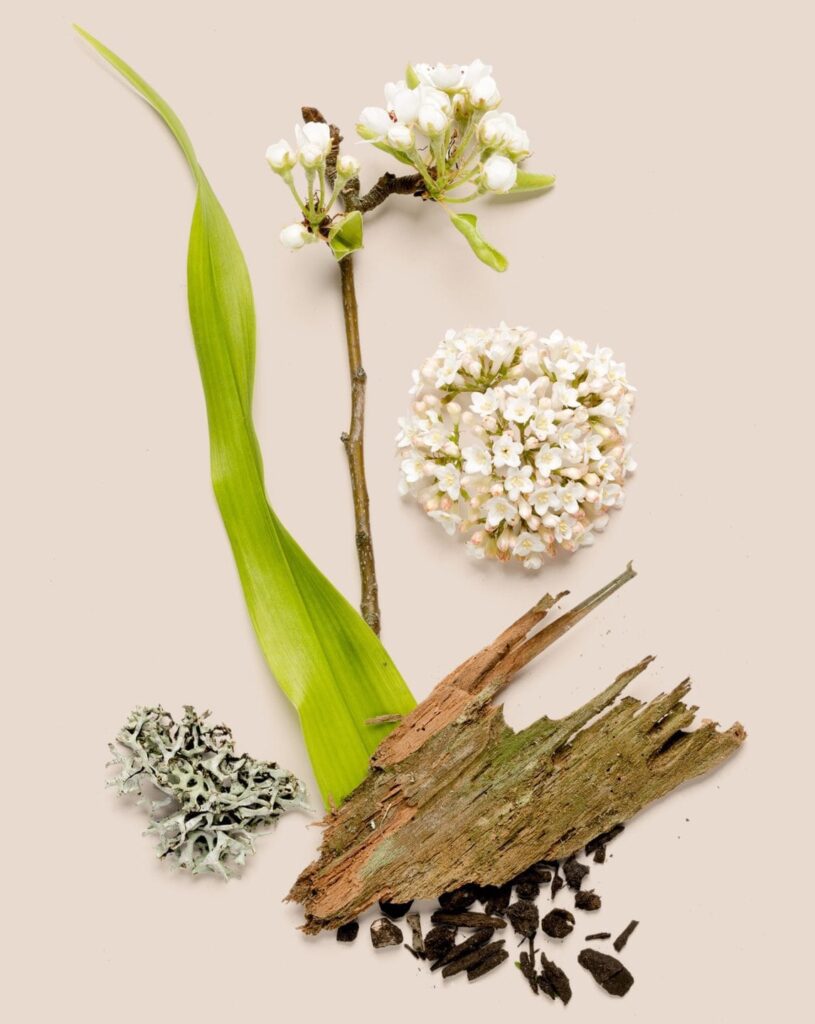
Talking Points
Some quick, easily accessible background information to help as you initiate conversations about human composting with others.
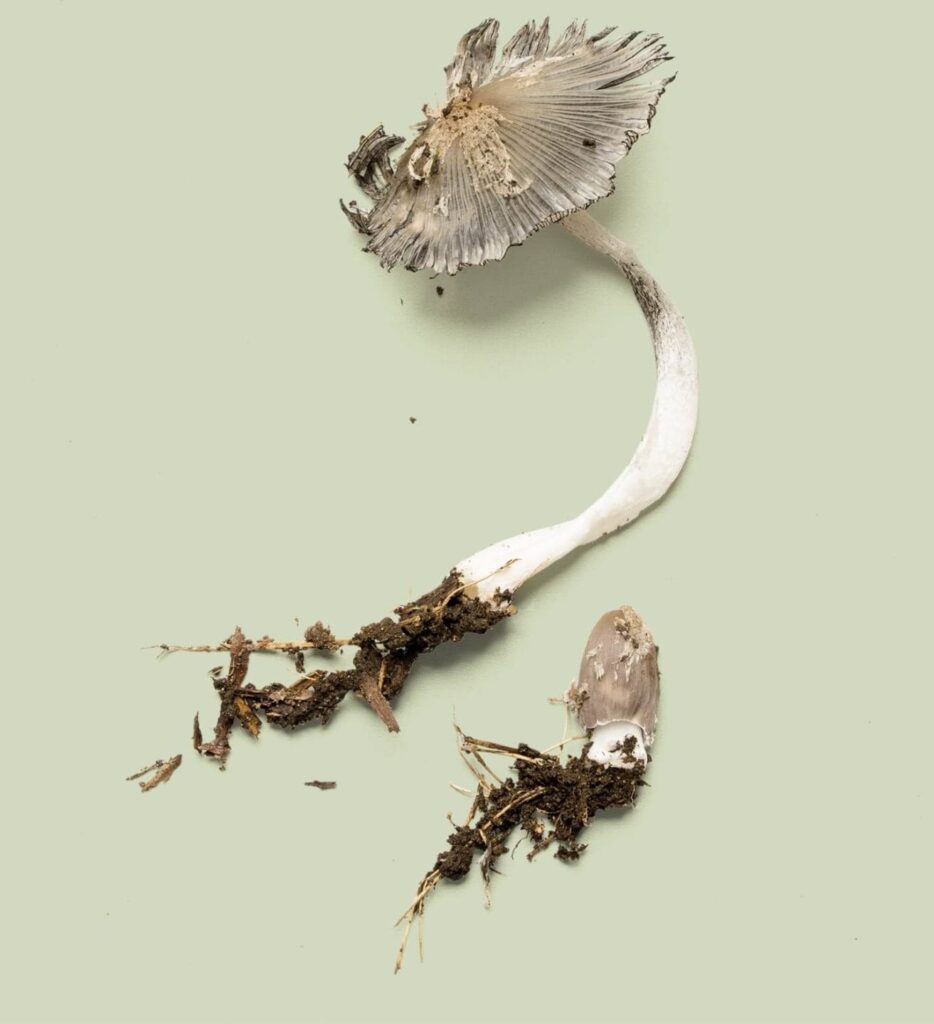
ABOUT THE DEATH CARE INDUSTRY
Funeral practices like cremation and embalming have a profound impact on the environment.
Each year, about 3 million people die in the U.S. Cremation burns fossil fuels and emits carbon dioxide and particulates into the atmosphere. Conventional burial consumes valuable urban land, pollutes the soil, and contributes to climate change through the resource-intensive manufacture and transport of caskets, headstones, and grave liners. Caskets use four million acres of forest every year in the U.S.
What we do with our bodies when we die matters. Human composting allows you to choose an option that supports new life after death. There is poetry in giving back to the ecosystem that has supported us our whole lives.
About Human Composting
One metric ton of carbon pollution is prevented for every person who chooses Recompose over conventional burial or cremation. In addition, our approach to human composting requires 87% less energy than conventional burial or cremation.
Each body creates about one cubic yard of soil during the human composting process. Soil is the foundation of a healthy ecosystem. It filters water, nourishes plants, sequesters carbon, and helps regulate global temperature.
About Recompose
A decade ago, Katrina Spade recognized the need for a sustainable and scalable urban death care alternative. She spent years working with scientists and legal advisors and invented a process to transform human bodies into soil. Since then, Katrina has helped write bills with state legislators, testify before committees, and ensure a safe process with regulators once a state legalizes human composting to help bring this green death care option to people everywhere.
In 2017, Katrina founded Recompose—the world’s first human composting company based in Seattle. Recompose started accepting clients for human composting in December 2020.
Answers to
Common Questions
Because human composting is new, people understandably have a lot of questions. As you start talking with folks, brushing up on these answers might be useful.
The soil created by human composting is biologically valuable material that can be used to nourish trees and plants. It can be used in yards, flower gardens, trees, house plants, and in natural environments. Its pH of 6.5 – 7 is ideal for most plants. It has a balanced nutrient content with a good supply of macronutrients.
Recompose customers have used their person’s soil to create groves of trees, nourish rose gardens tended by their person while they were alive, or scattered in a favorite natural area.
In Washington State, the law for scattering human composting soil is the same for cremated remains—you must have permission of the landowner. It is legal to scatter in navigable waterways.
If you have any questions about what you can do with your person’s soil, our staff is here to help.
Recompose’s mission is to bring human composting everywhere there are people who want it. We’ll announce all future expansions via our newsletter.
In the U.S., the laws governing human remains vary greatly from state to state, as does the process for passing new laws. Because of this, we don’t have an easy template for how to pass human composting laws in new states but we’ve created an article about how human composting becomes law to give you a sense of what goes into the process.
Talking to friends and family about your end-of-life wishes and why Recompose and human composting is meaningful for you is a great way to start building interest and demand in your area. We’ve pulled together a number of resources and talking points for those interested in learning more on our Legislative Advocacy page.
Human composting is the transformation of a human body into soil. Recompose places each body into a stainless steel vessel along with wood chips, alfalfa, and straw. Microbes that naturally occur on the plant material and on and in our bodies power the transformation into soil.
Over the next five to seven weeks, the body inside the vessel breaks down thanks to the natural action of the microbes. The soil is then removed from the vessel, screened for non-organic items such as hip replacements or stents, and allowed to cure for an additional three to five weeks.
Once the process is complete, the soil can be used on trees and plants, or donated to conservation efforts. Each body creates about one cubic yard of soil.
Watch Recompose Founder and CEO, Katrina Spade, describe how human composting works during her 2023 talk at the End Well Conference.
Explore More
Learn more about the steps involved in the human composting process.
You can choose Recompose for human composting from most states. You can contact our staff at (206) 800-8733 or precompose@recompose.life and we can help you arrange for transport.
Most clients that come to us from another state work with a funeral home in their area to arrange for transport. This funeral home will pick up a body at the place of death and arrange for transport to Recompose. When you contact a funeral home, we suggest starting the conversation by saying something like, “I am looking to have my body transported to the Seattle area. I have chosen a funeral home called Recompose to handle my death care services. Can you help me make arrangements?”
In most instances, families can also transport their person to Recompose in their personal vehicle with the correct permits. If you are interested in this option, please contact us and we’re happy to help.
Please note: Bodies that come to Recompose must not be embalmed. While most funeral homes are experienced with transporting bodies, they may not yet have heard of human composting or have experience with this kind of transport. If you have any questions or need help finding a transporting funeral home, Recompose staff can help you.
Our article, How to Arrange for Transport to Recompose, also has information to help you.
Obituaries
Read below to learn about some of the people Recompose is honored to have transformed into soil.
